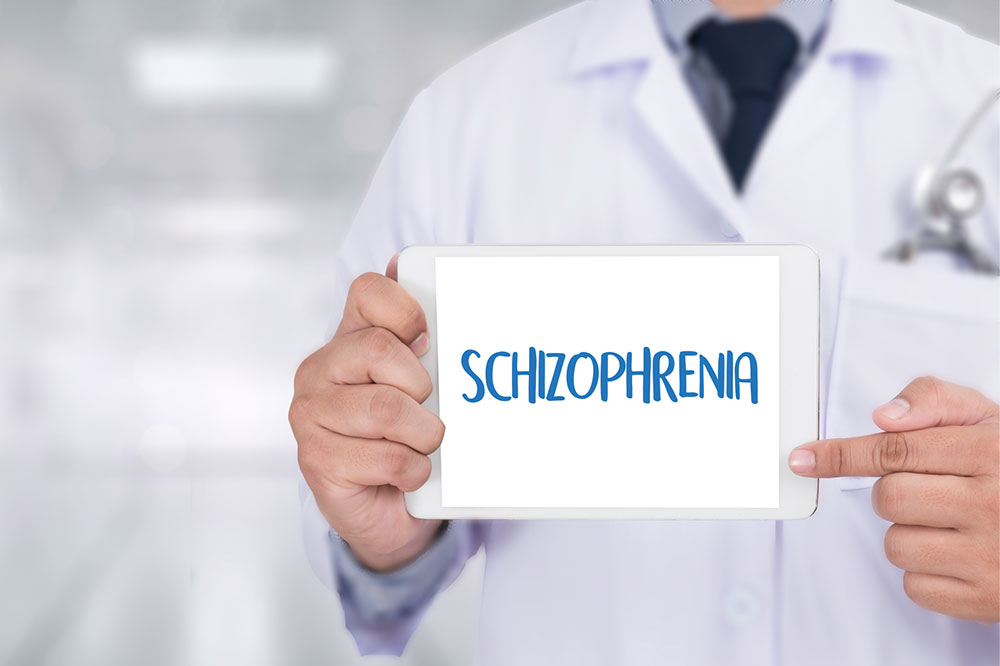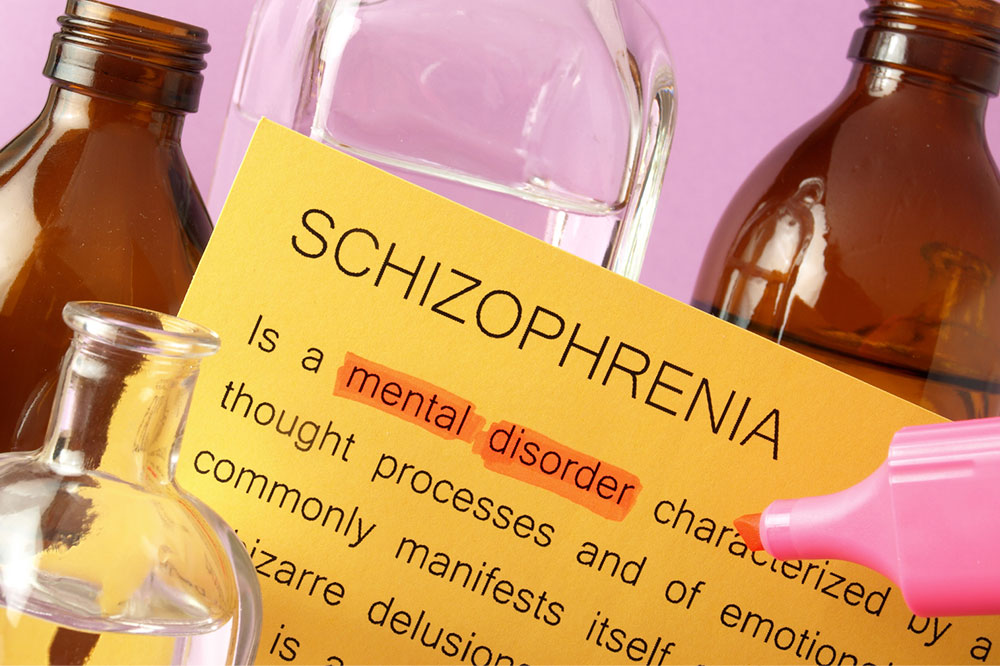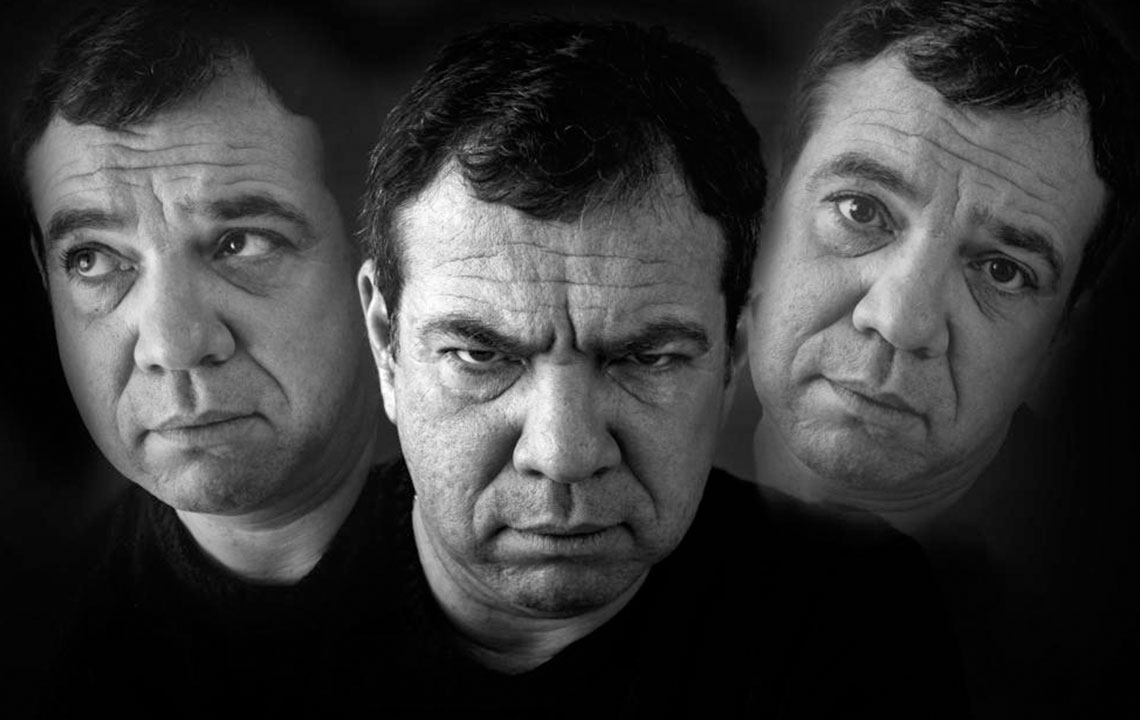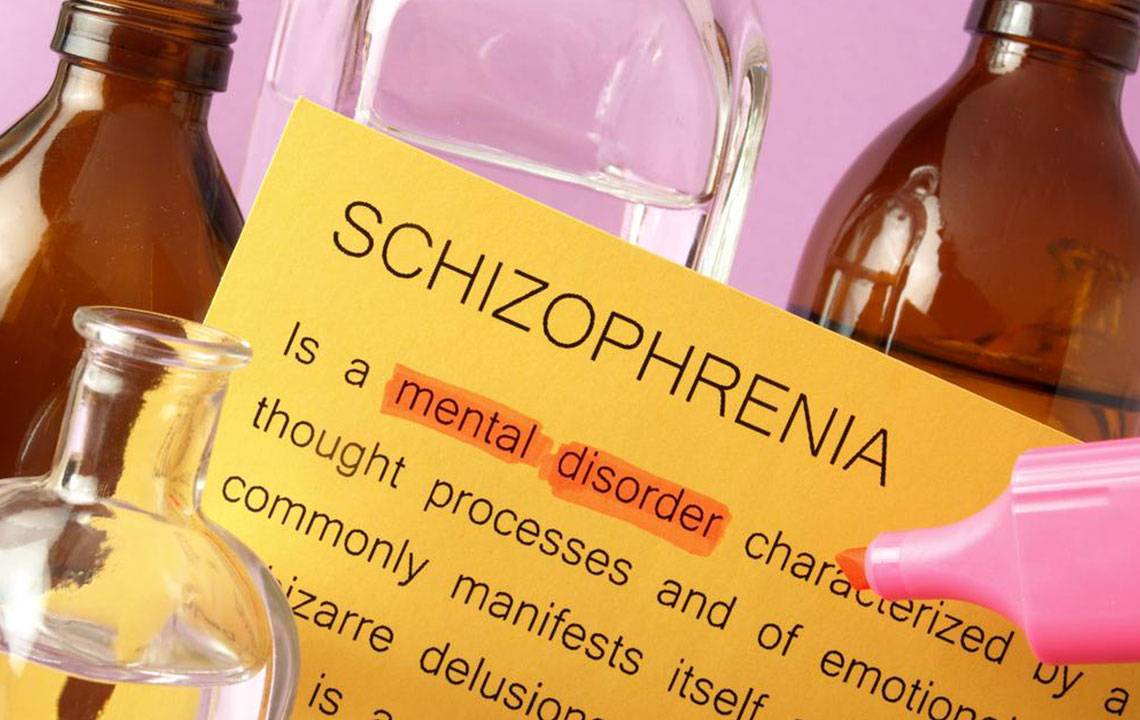Understanding Schizophrenia: Signs, Causes, and Management Options
Schizophrenia is a serious mental health disorder characterized by distorted perceptions and thoughts. Symptoms include delusions, hallucinations, and social withdrawal. Causes involve genetics, brain abnormalities, and environmental factors. While not curable, it can be managed with medication and therapy. Early diagnosis and comprehensive treatment are crucial for improving quality of life. This article explores the signs, causes, and current treatment options for schizophrenia, emphasizing the importance of professional healthcare support for effective management.
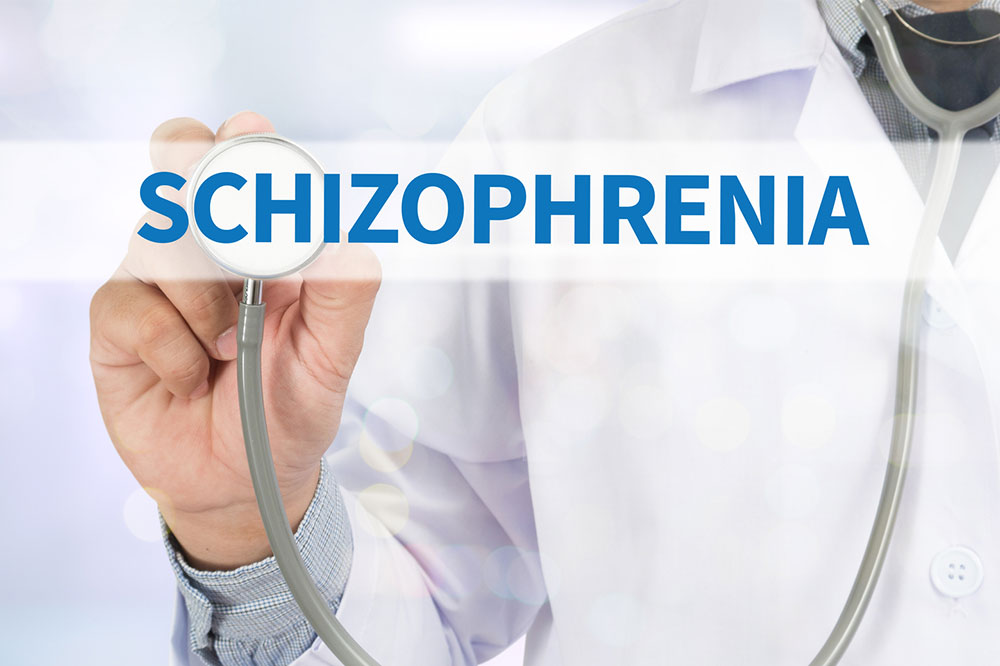
Schizophrenia is a profound mental health disorder that affects how individuals process thoughts, emotions, and reality. Common signs include delusions, hallucinations, and paranoia, often leading to social withdrawal. Approximately 1% of the population is affected worldwide. While there is no cure, symptoms can be controlled through medications and therapy. Typically emerging in late teens or early twenties for men and later in women, schizophrenia involves disorders in perception and behavior. Early diagnosis and comprehensive treatment are essential for managing this complex condition.
Key symptoms encompass:
Delusions: Strong false beliefs, such as feeling persecuted or thinking they are famous.
Hallucinations: Seeing or hearing things that aren't there, including strange smells or sensations.
Disorganized Speech: Jumbled or unrelated talk, sometimes meaningless word combinations.
Abnormal Movements: Unusual behaviors like repetitive actions or inappropriate emotional responses.
Negative Symptoms: Reduced emotional expression, monotone speech, social withdrawal, and poor hygiene.
Diagnostic procedures involve physical exams and mental health assessments, often involving psychiatrists. The causes are believed to be a mix of genetic predisposition, brain structural irregularities, and environmental influences like stress, substance use, or viral infections. Treatment primarily includes antipsychotic medications and psychosocial therapies aimed at symptom control and relapse prevention. In severe cases, hospitalization and electroconvulsive therapy may be employed. Ongoing research explores innovative solutions such as Deep Brain Stimulation for treatment of refractory cases.Note: This article offers informational insights only. Always consult qualified healthcare professionals for diagnosis and treatment plans. The content is not a substitute for medical advice.

